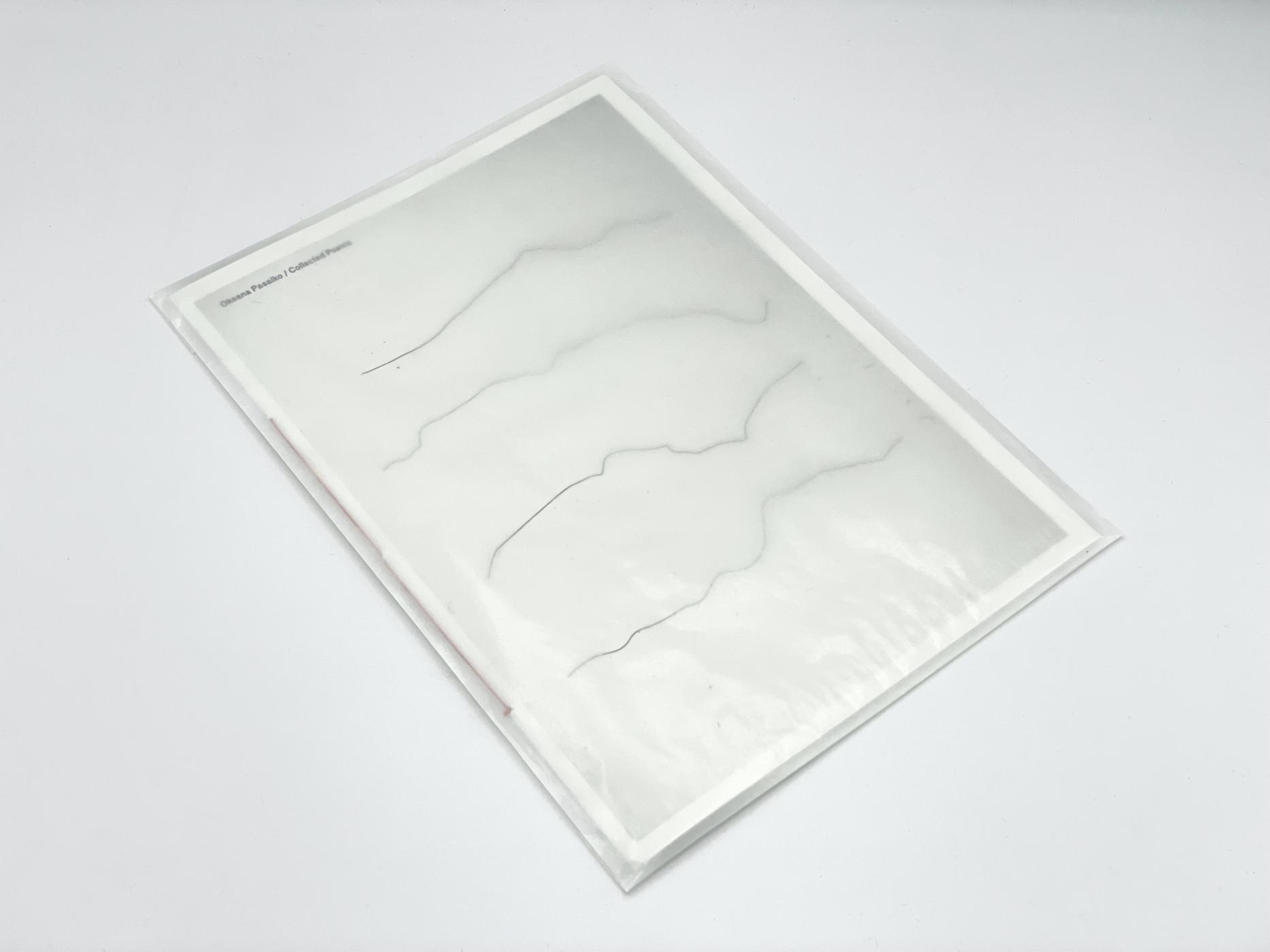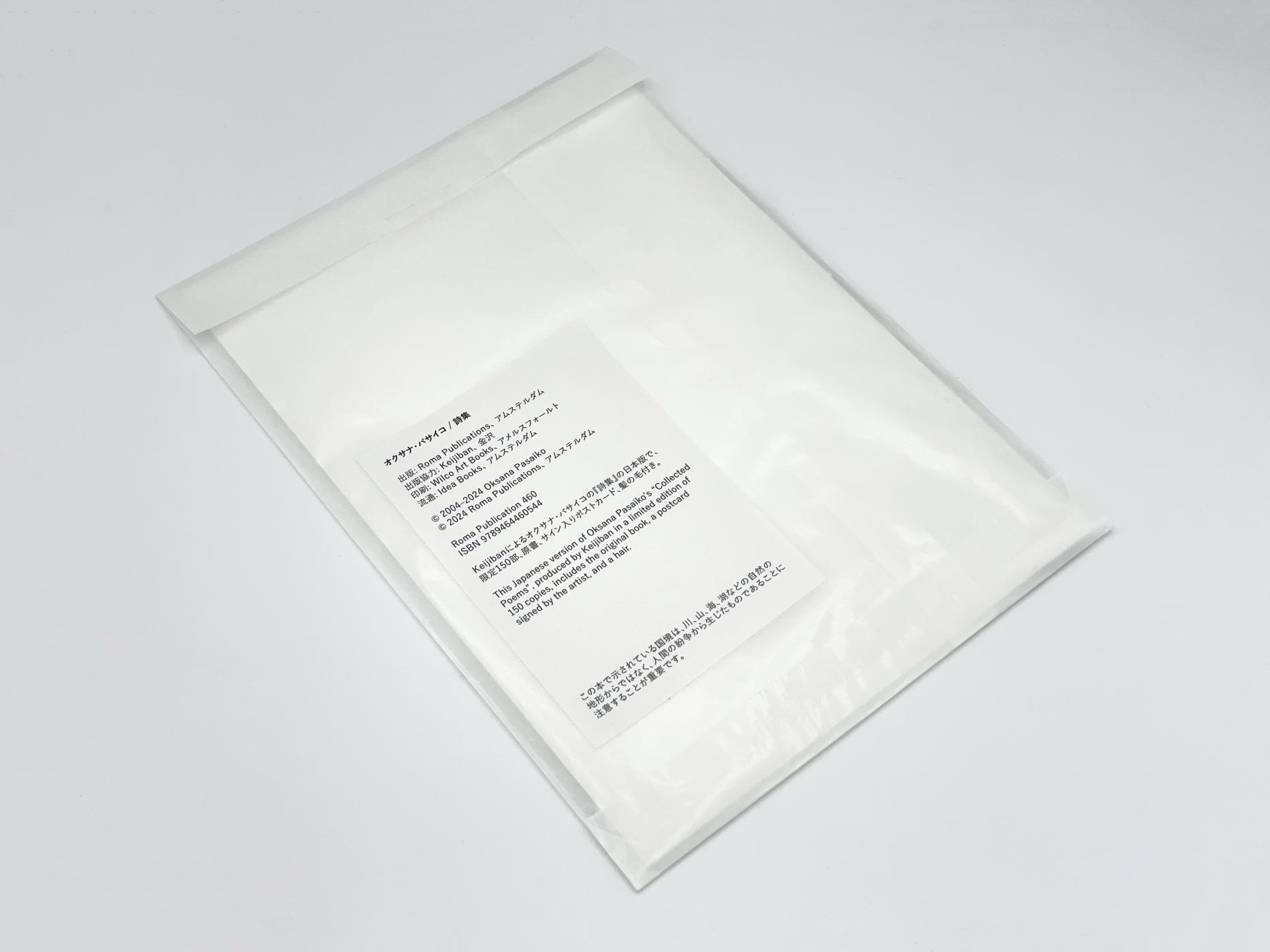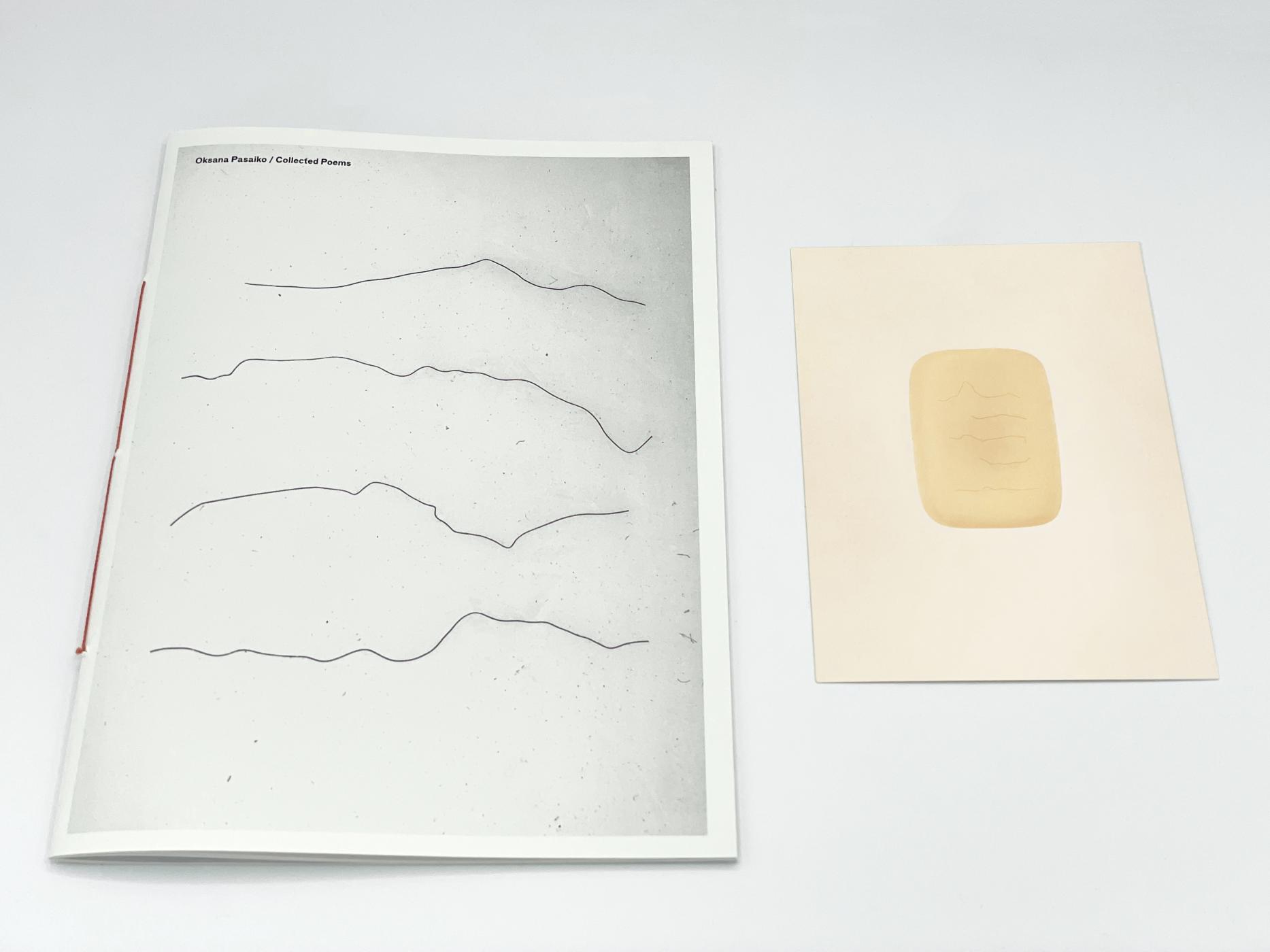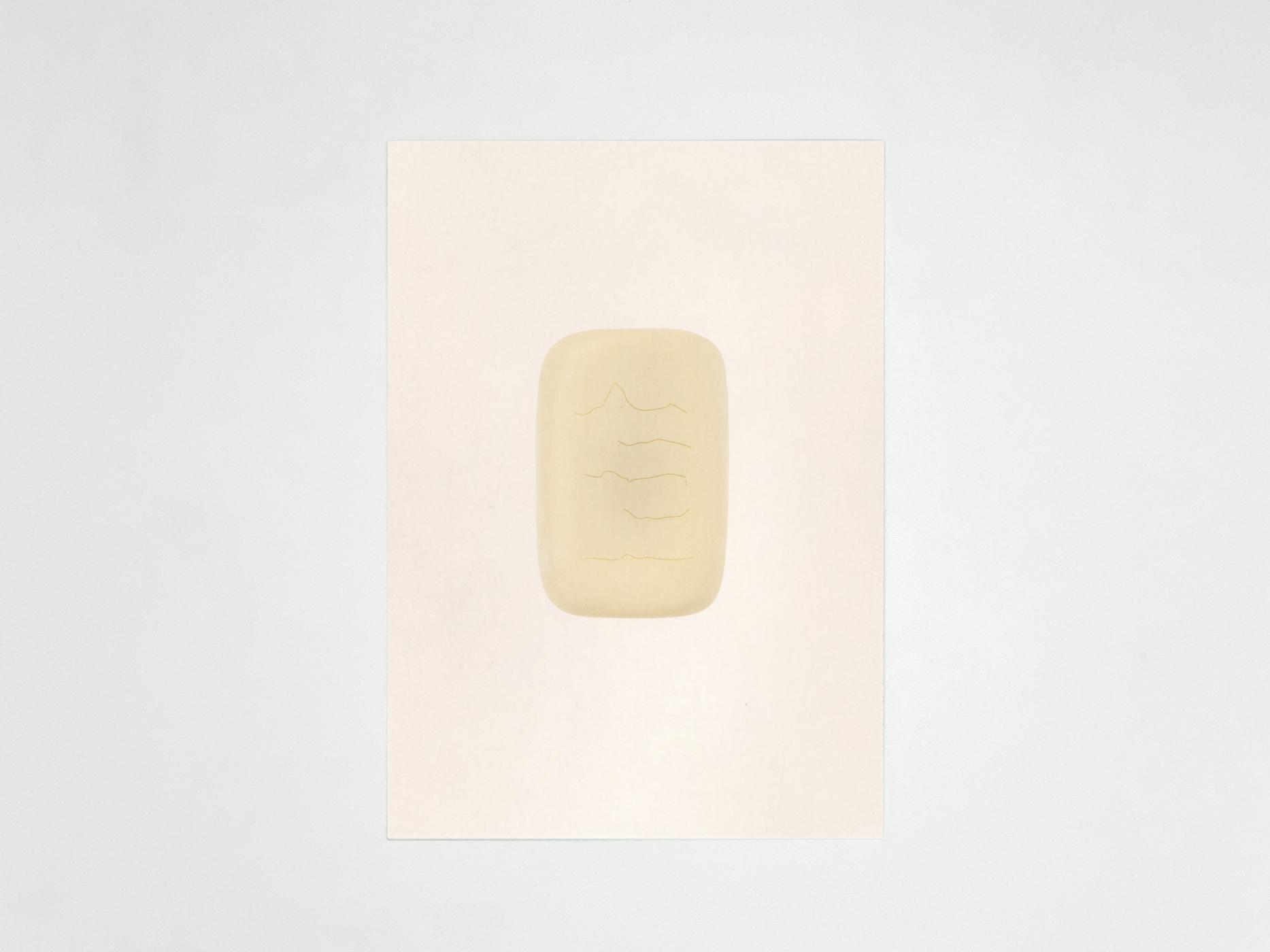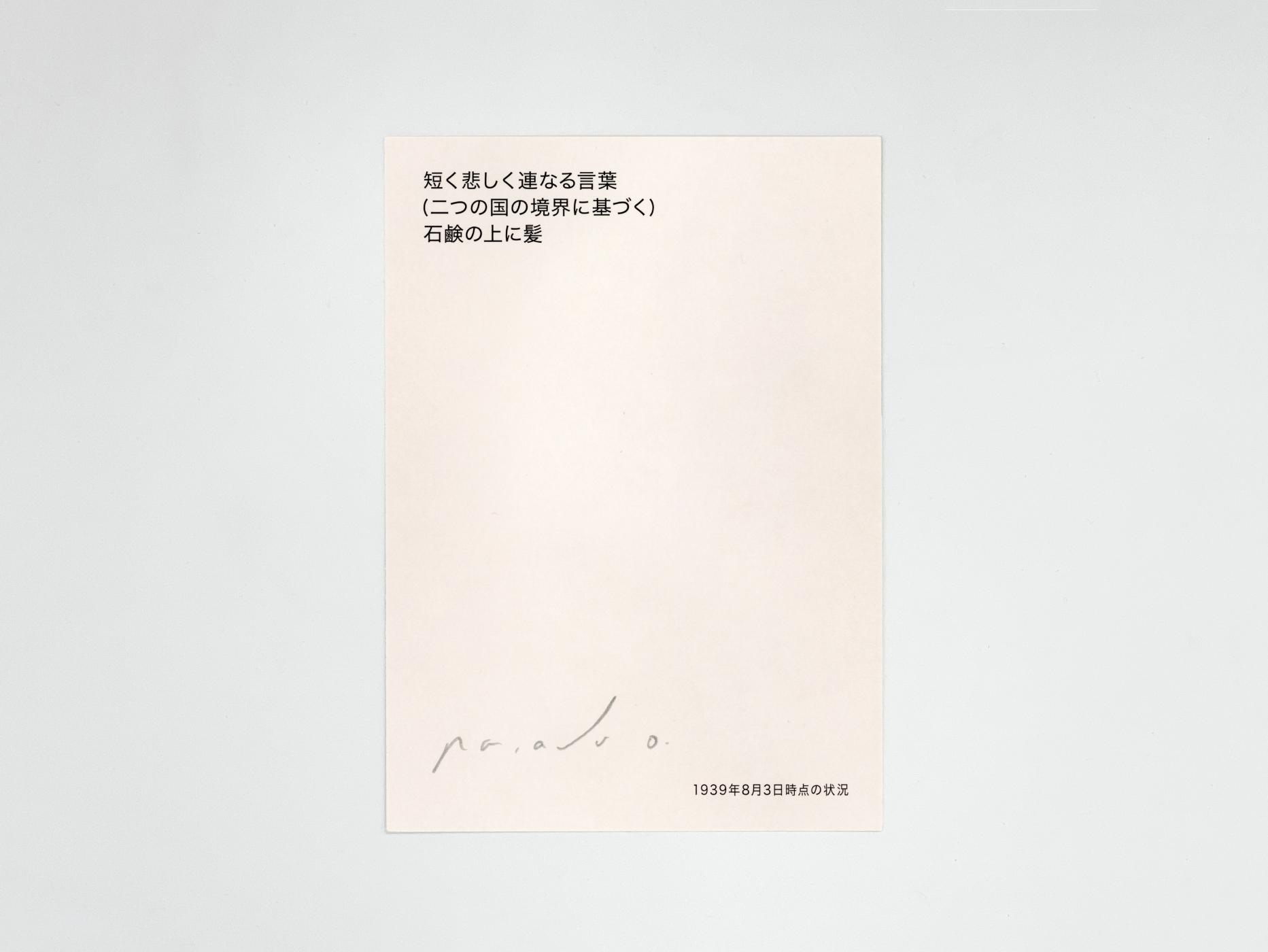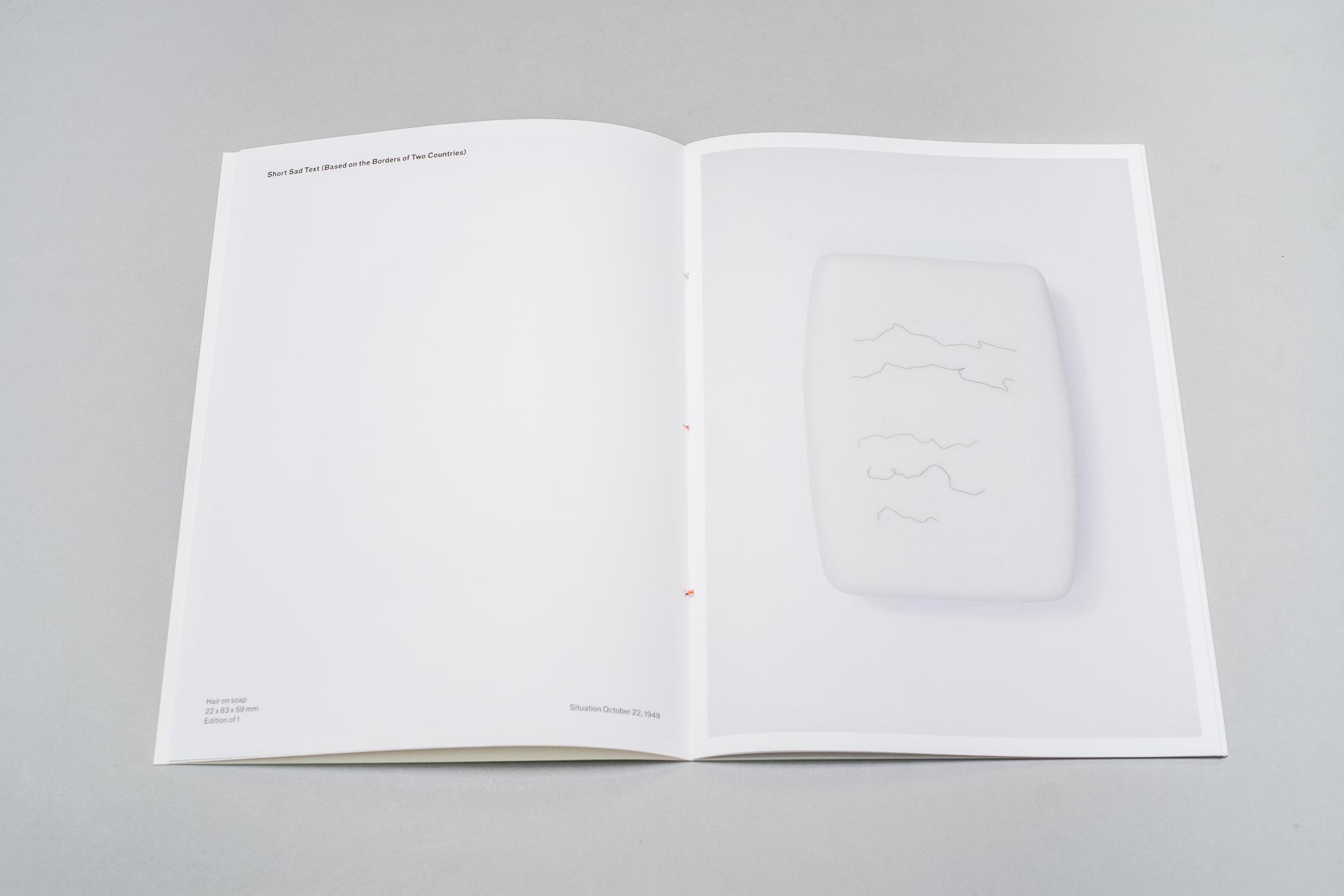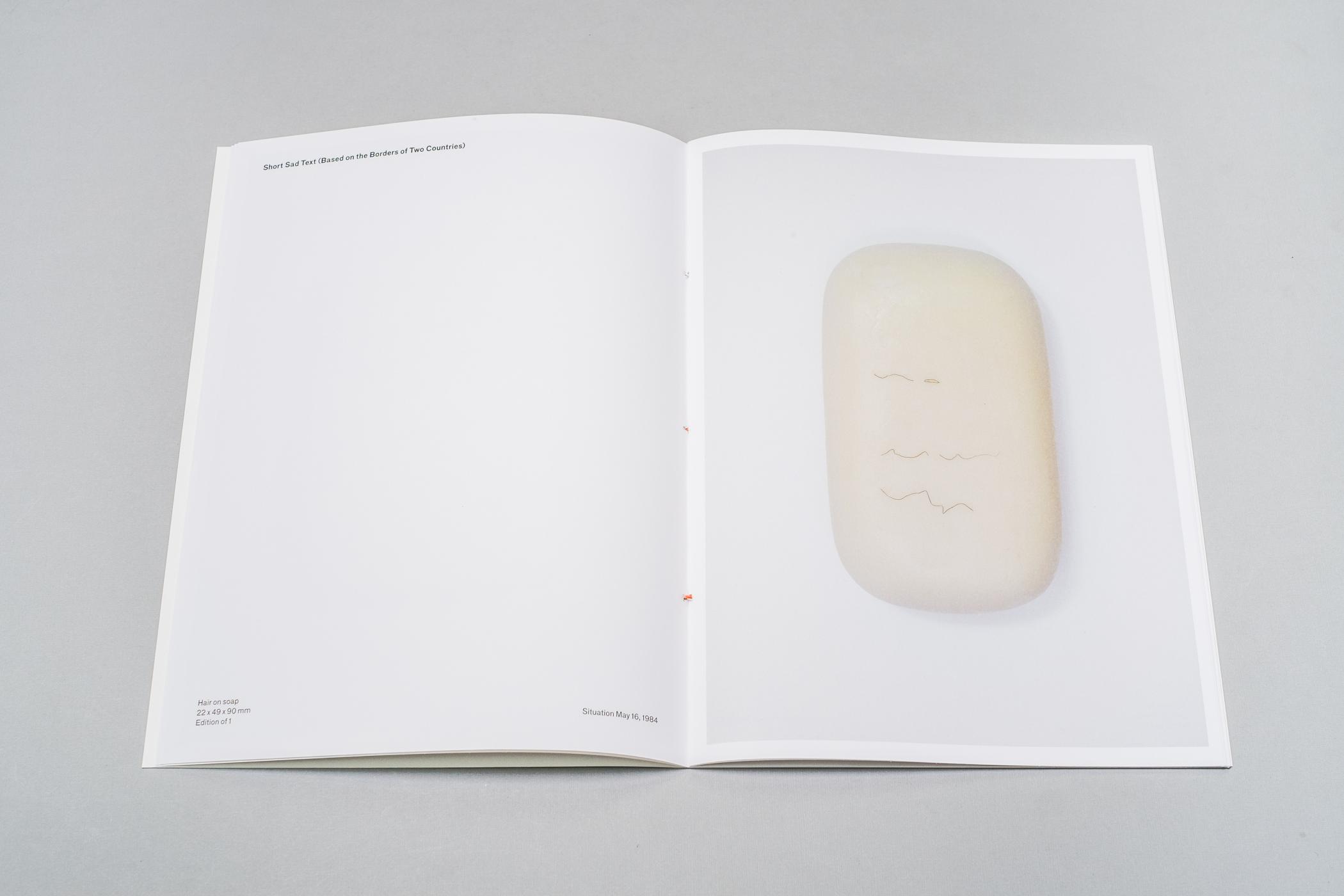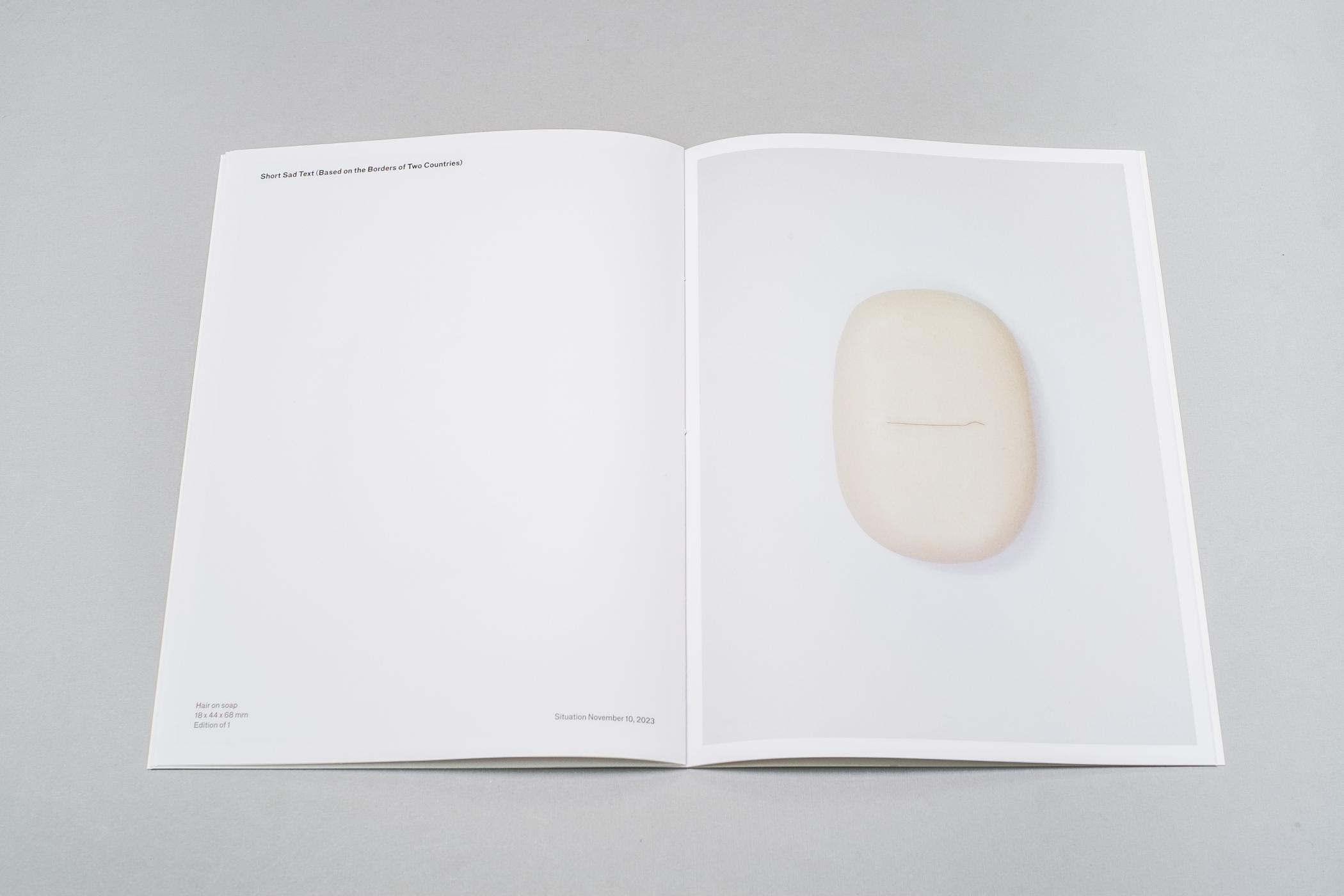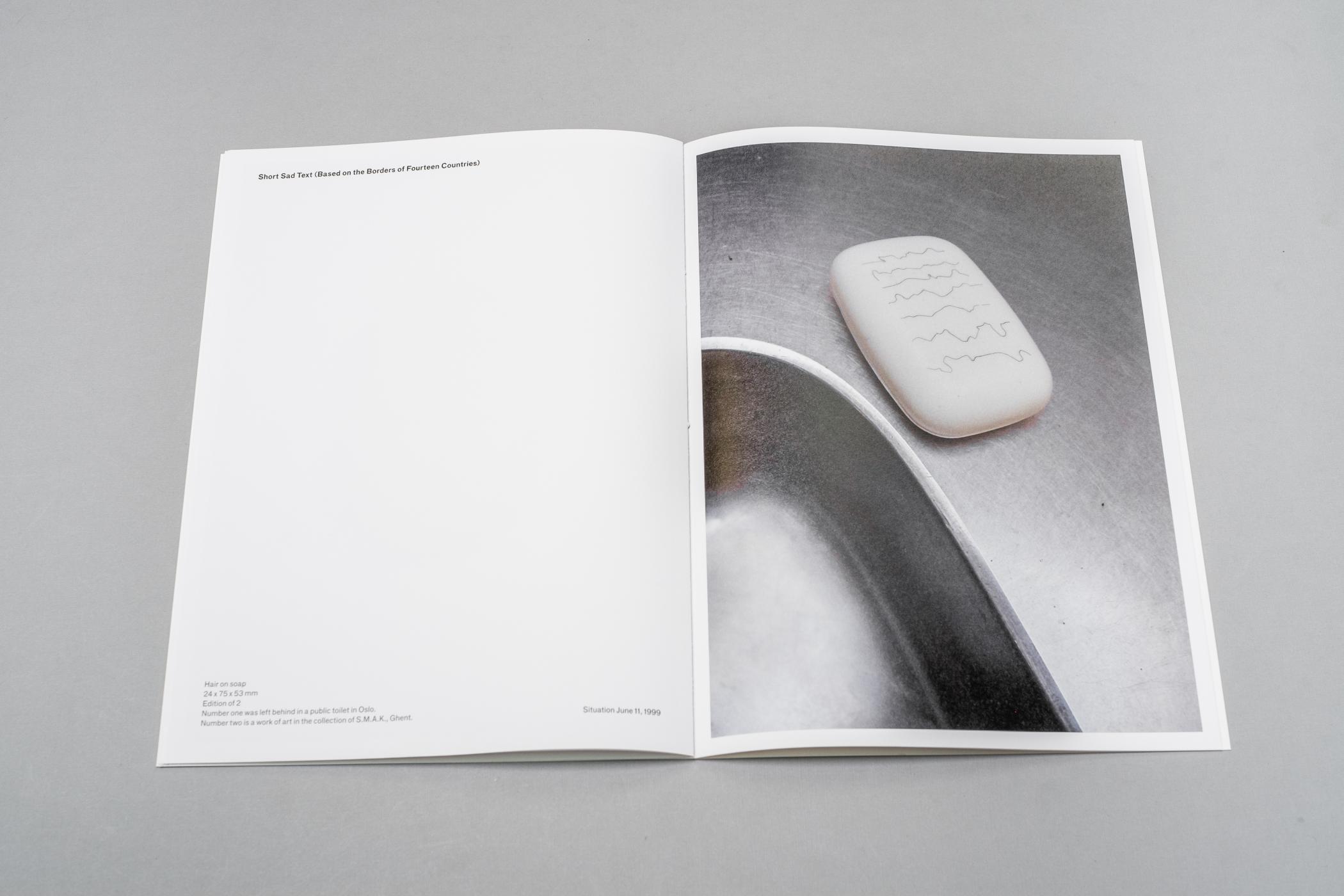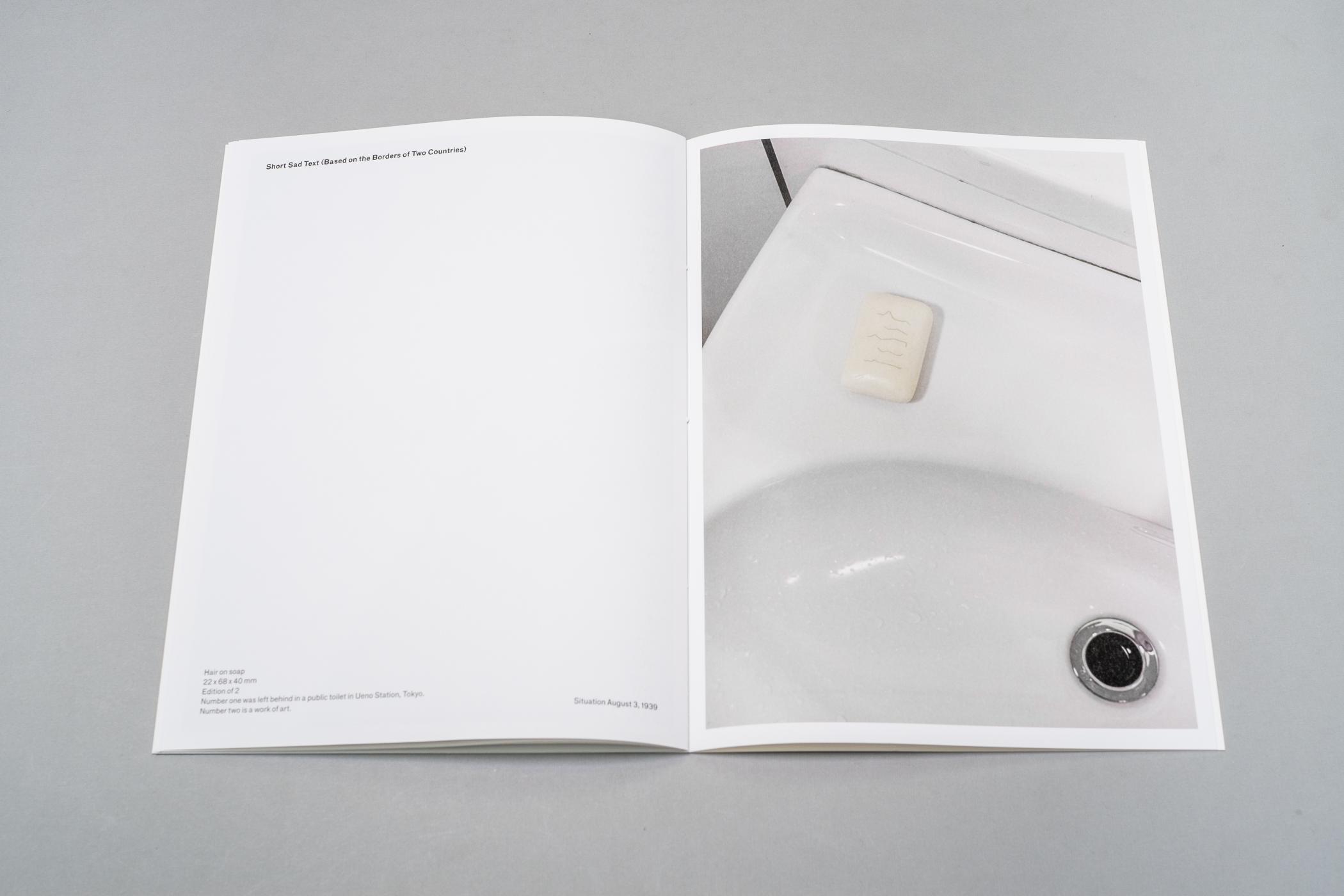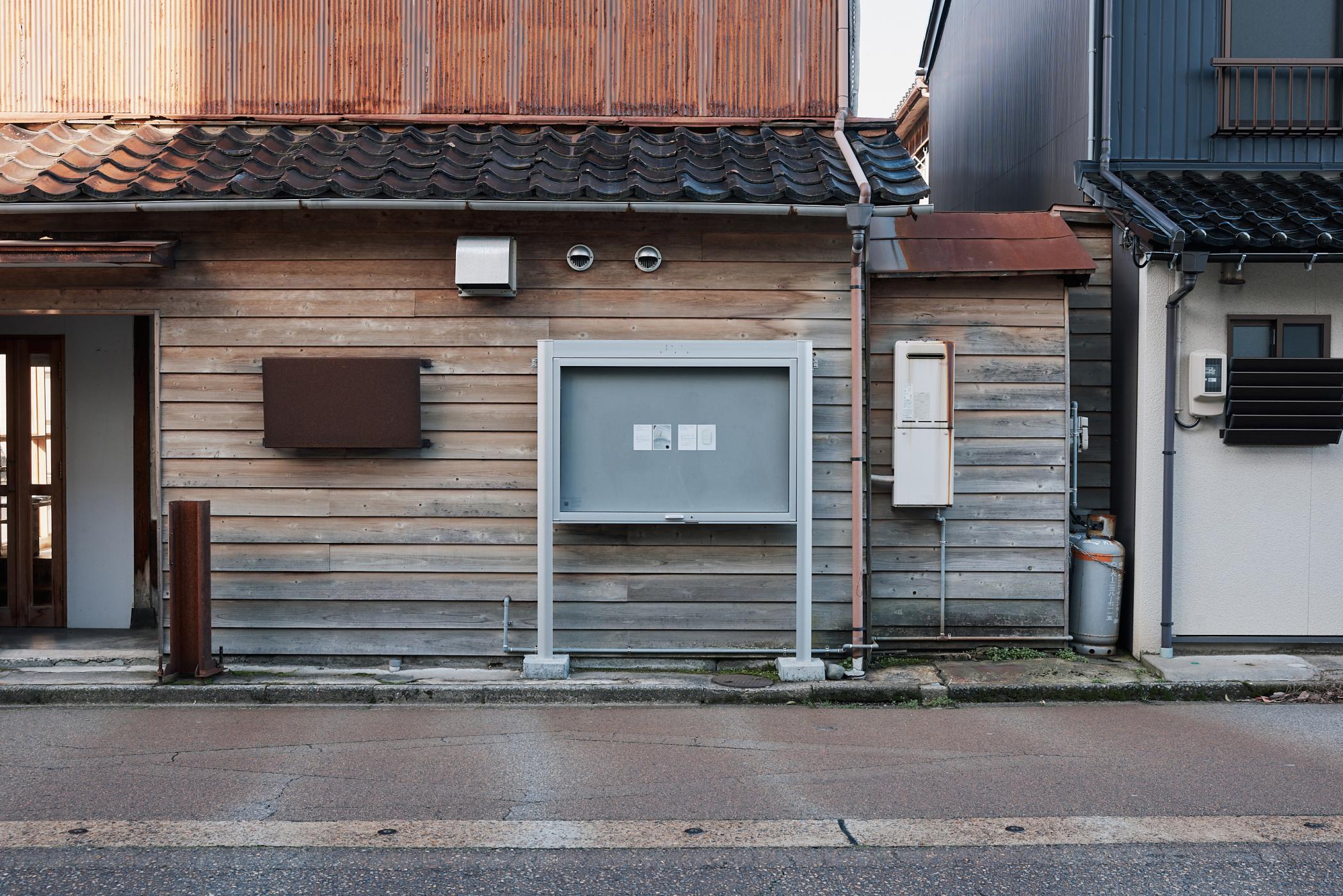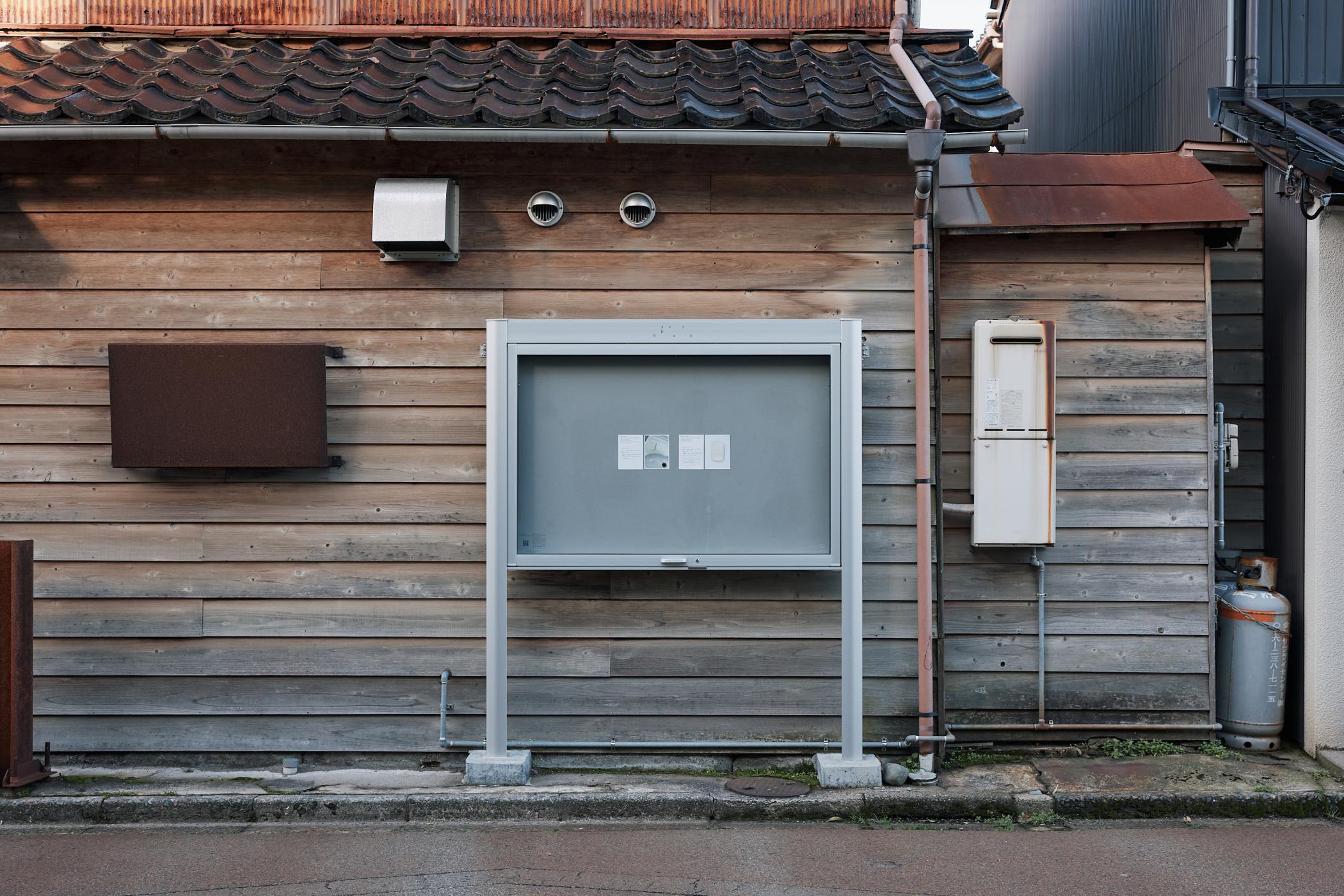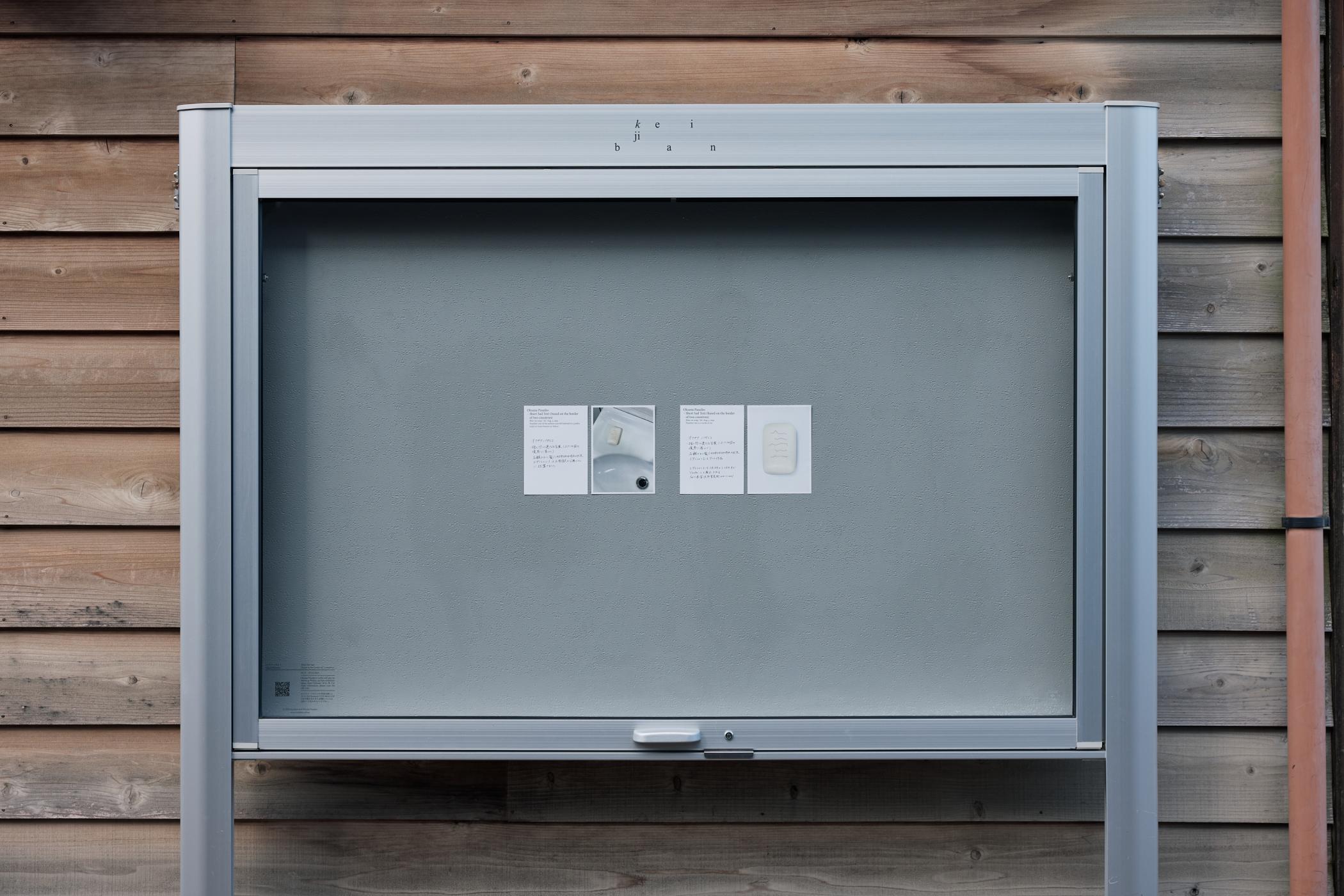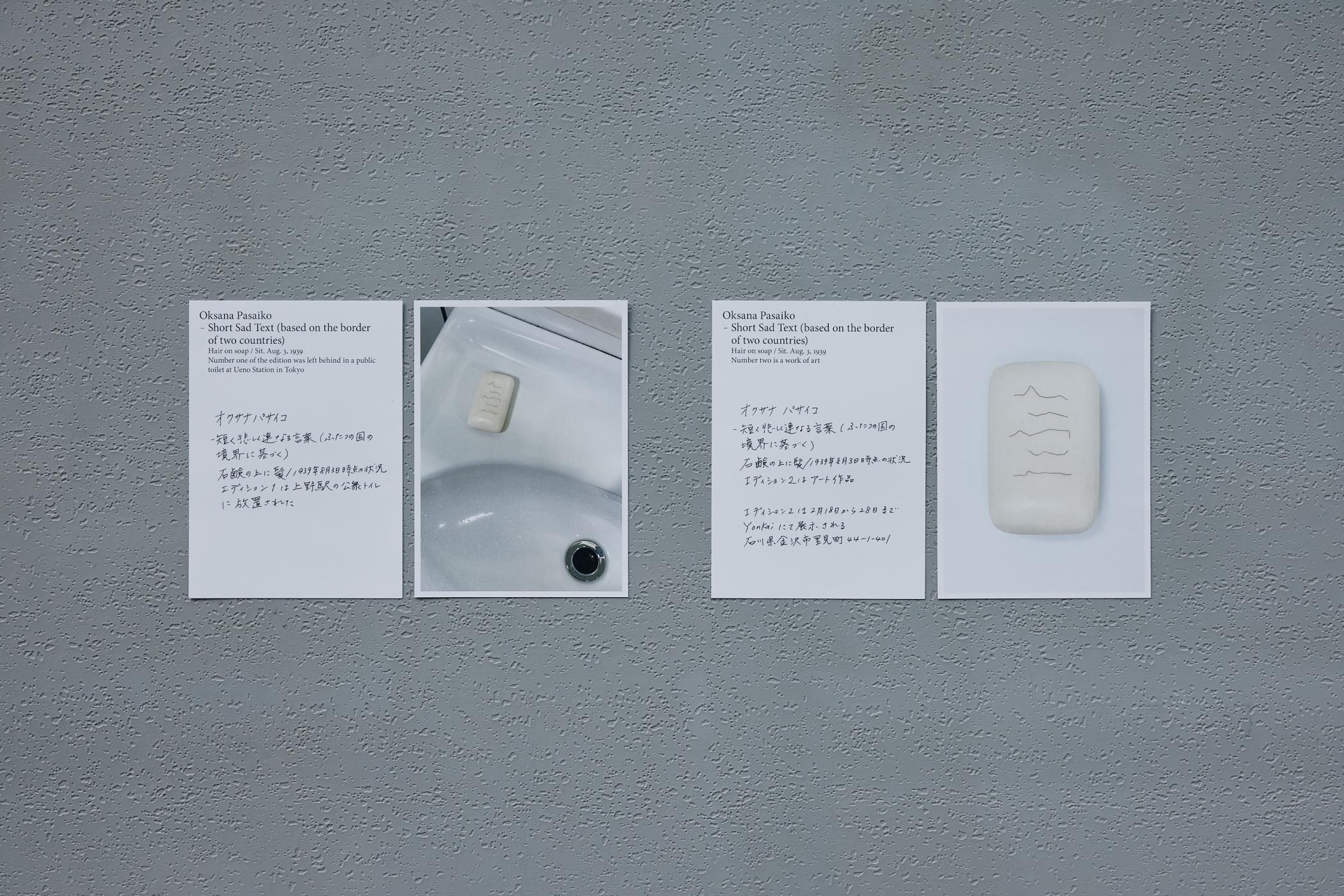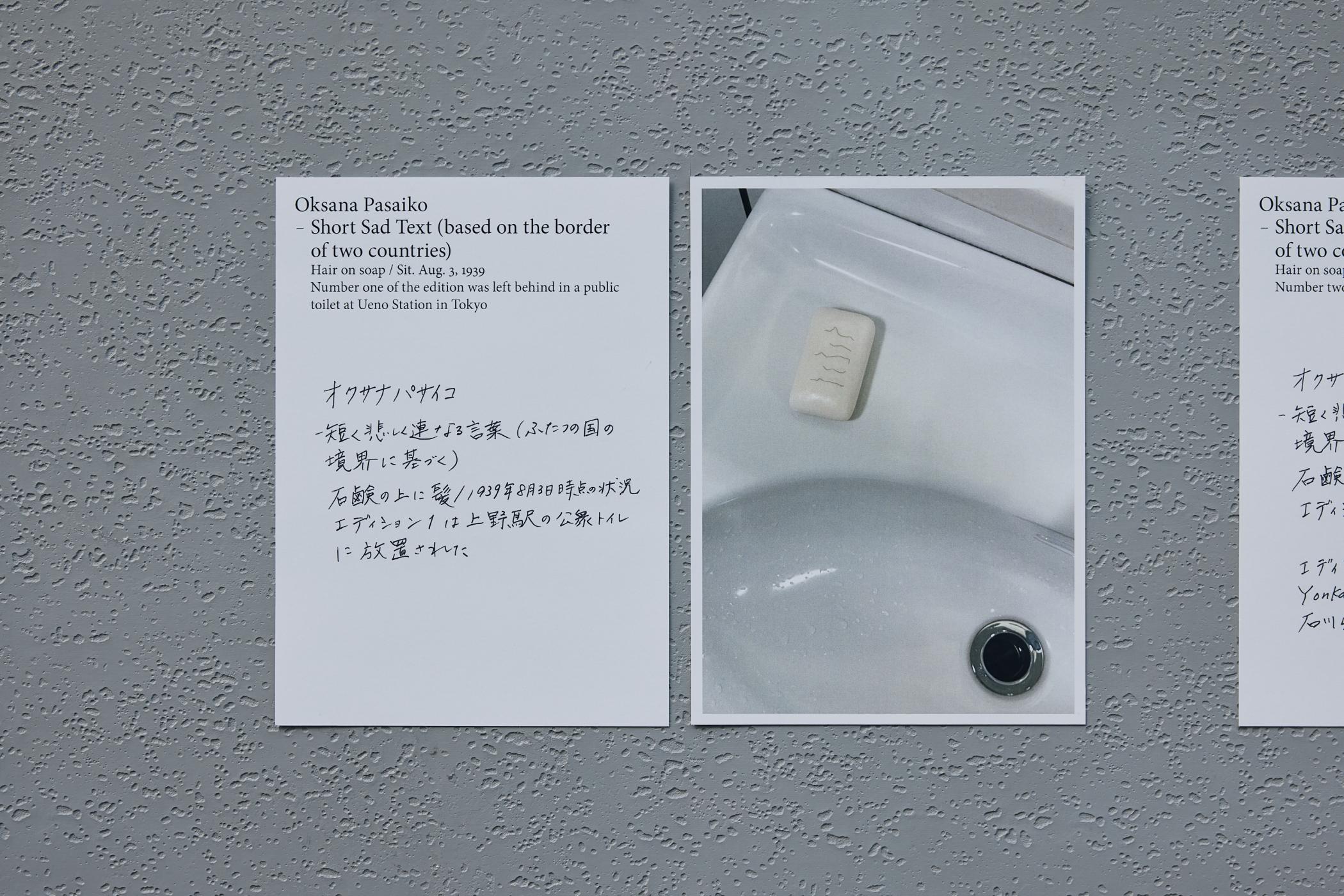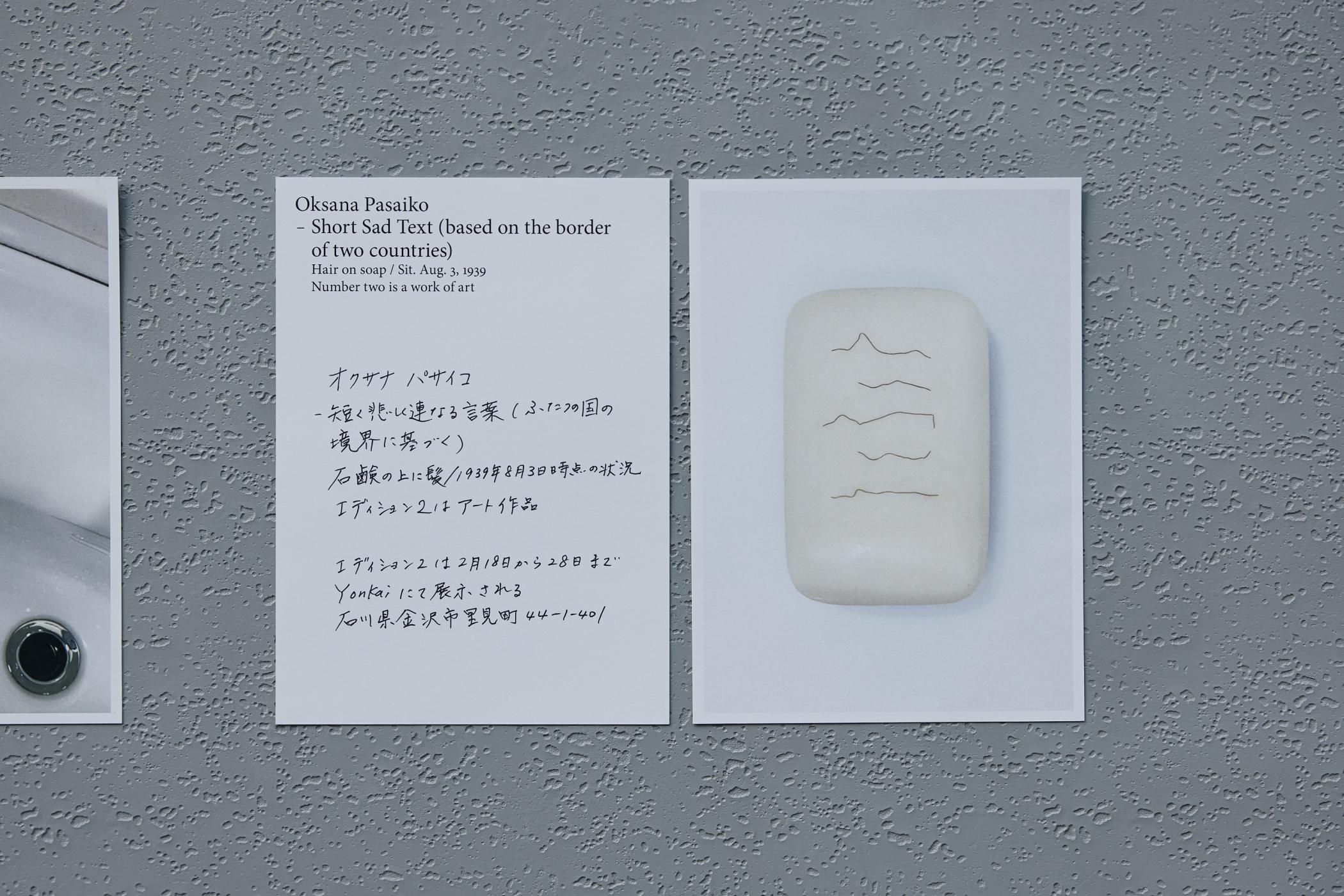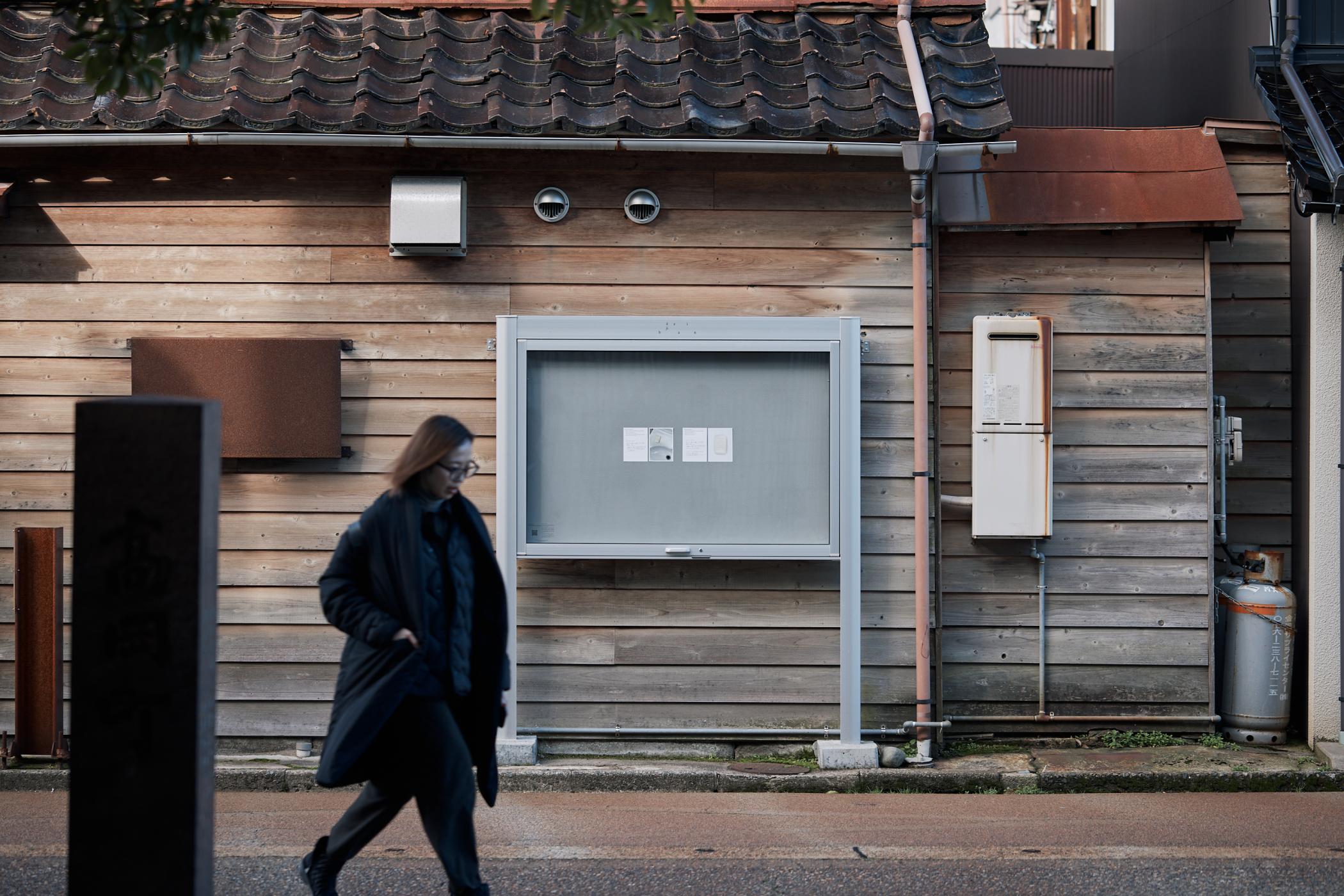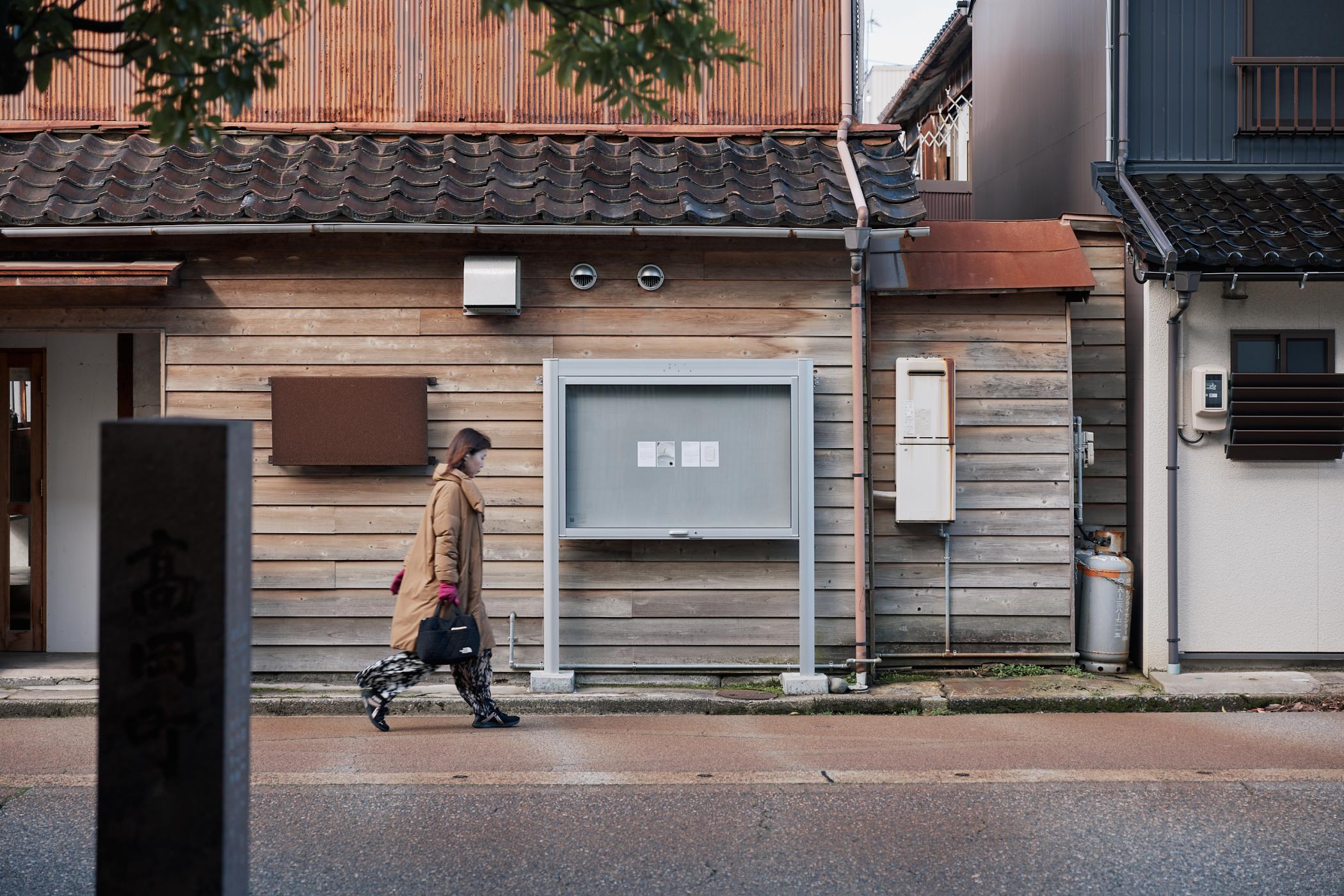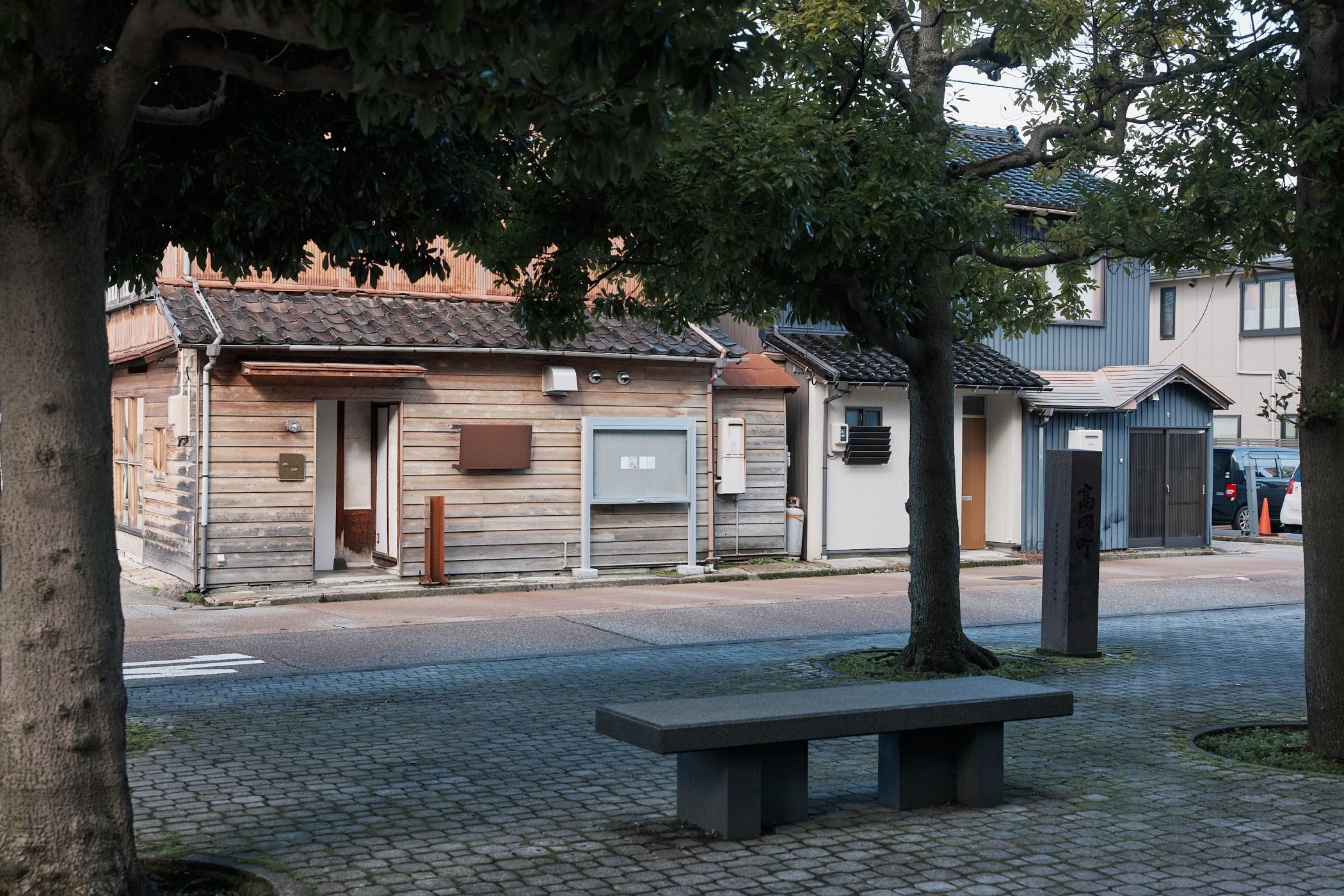Oksana Pasaiko’s obscurity is wholly by design. When she participated in Manifesta 5 in 2004 in San Sebastian, she asked for her exhibition catalogue biography to read: “in accordance with the artist’s wishes, no details will be published about her life.” Yet the same site declares that Pasaiko was born in 1982 in Ruthenia, not an official state but a historical region in Eastern Europe, between Poland, Slovakia, Hungary, Romania and Ukraine. The artist attaches more importance to her ethnic origin than to her nationality. When Pasaiko took part in the Romanian biennale for young artists in 2006, it was stated that she is ‘based’ in Oslo, Amsterdam and Ronse, Belgium. In keeping with her extreme biographical reticence, she seldom exhibits her work. This implies that she is determined to be in control.
Pasaiko rewrote Please don’t leave me (1969) by the Dutch artist Bas Jan Ader in Cyrillic script for Manifesta 5. In conjunction with the exhibition, Roma Publications also published Pasaiko’s 30 Feet, a booklet with 30 photographs of feet. The majority of her other works also seem to be linked to Roma Publications, the Amsterdam-based art publishers, founded in 1998 by graphic designer Roger Willems and artists Mark Manders and Marc Nagtzaam.
Roma published the edition Short Sad Text (based on the borders of 14 countries) in 2005. This consists of two pieces of soap into which seven black human hairs have been embedded, tracing the pattern of seven man-made territorial borders. Pasaiko deposited number one of the edition in a public toilet in Oslo, while number two belongs to S.M.A.K. (Ghent, Belgium). The publisher adds: “the work also exists as a take-away card”. The soap and the postcard have been included in several group exhibitions, which thematise the possible impermanence or transience of art.
Furthermore, Pasaiko’s work also includes postcards that can be regarded as souvenirs of existing artworks. There are the aforementioned cards of Pasaiko’s own work, but also cards that wittily display work by other artists, such as Piet Mondrian and Giorgio de Chirico. She also exhibited The Folds (2011), a kind of painted curtain, which was shown in Berlin, amongst other cities, in the traveling group exhibition The Joy of Pleasure (2011-12).
Almost two decades after her first Short Sad Text, she returns in 2024 with a publication including ten more pieces, conceived in the form of a poetry collection. Published once again by Roma, the book features a special Japanese version, designed with Keijiban. The launch of this publication became an opportunity to present her first solo show in Japan, with a double intervention in Keijiban's showcase as well as in its new interior space, Yonkai. In the following months, Pasaiko will also take part in the Kortrijk Triennial and in a group exhibition in M Museum (Leuven, Belgium) entitled Alias, showing the works of more than thirty fictional artists.
